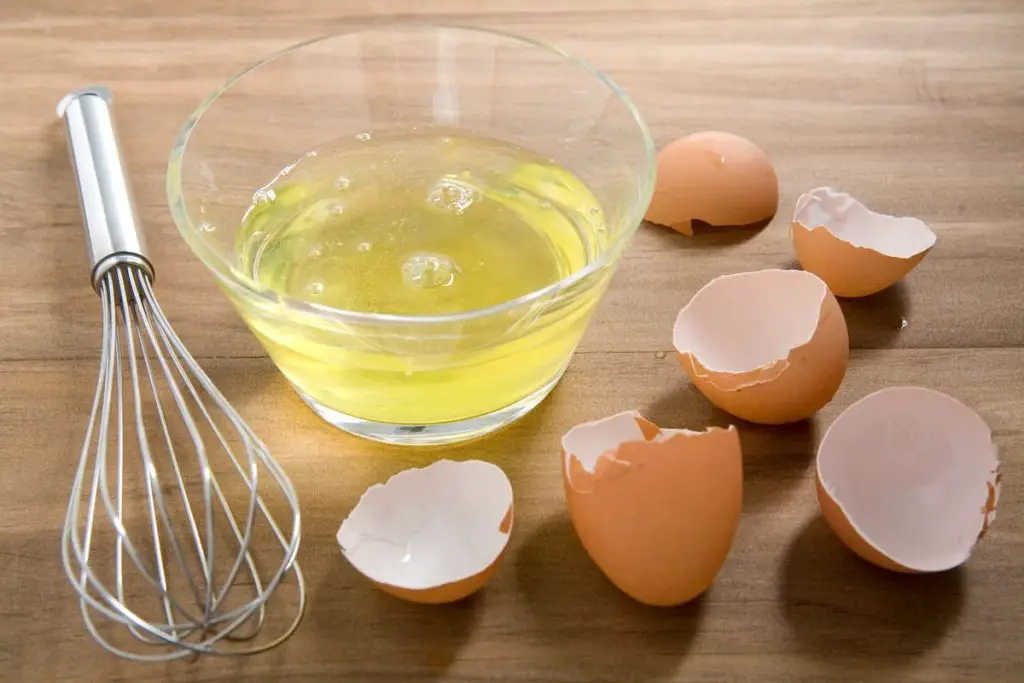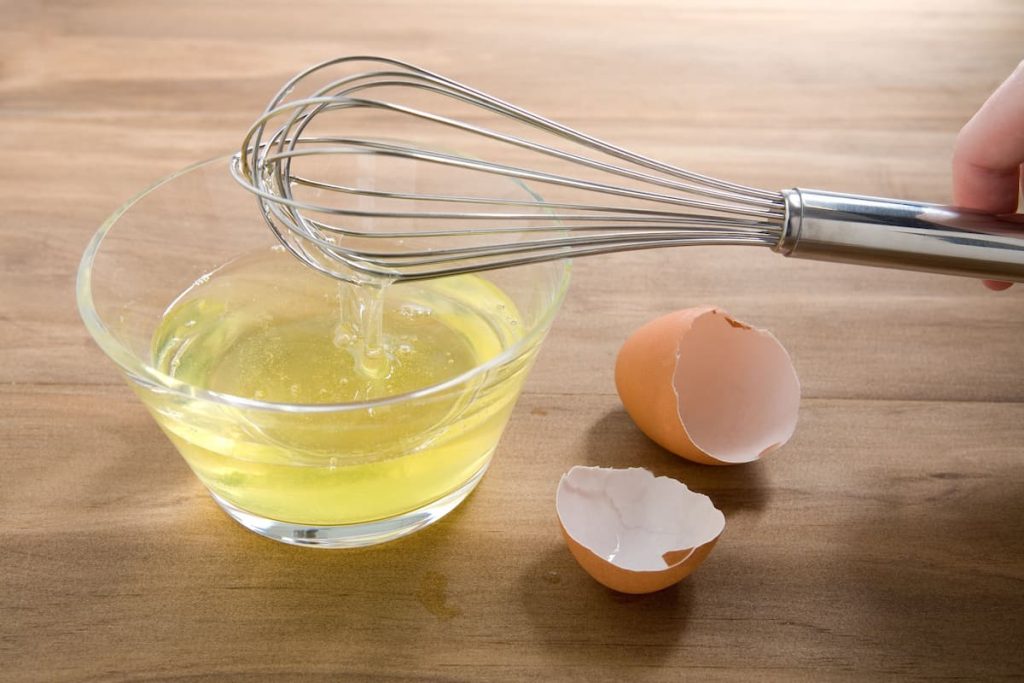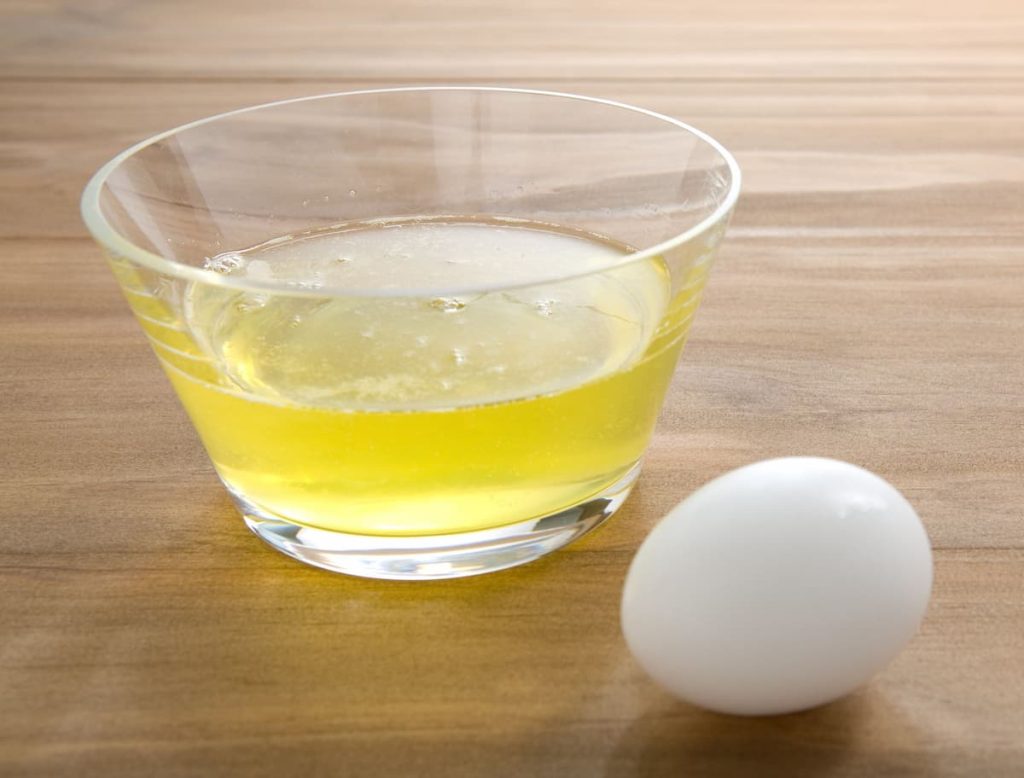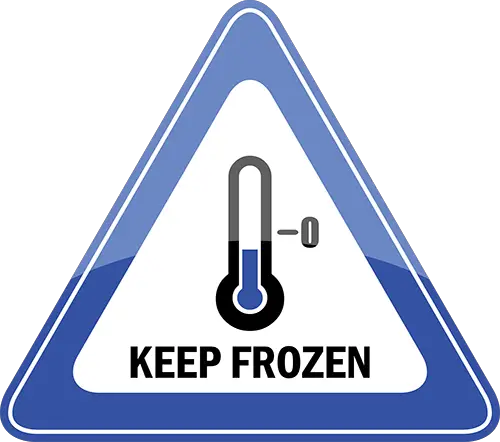Easy Guide to Freezing Egg Whites (+ Some Great Ways to Use)
Eggs are nutritious, delicious, and versatile; you can prepare them in dishes that require whole eggs or yolks or egg whites only. Unfortunately, eggs are also perishable; they can only stay fresh in the fridge for three to five weeks. According to the USDA, you shouldn’t freeze eggs in the shell, but can you freeze egg whites by themselves?
You can freeze egg whites; they actually freeze and thaw very well. If you freeze the egg whites properly, they can stay fresh and safe to eat for up to 12 months, but they lose some of their foaming power. It’s also crucial to thaw them correctly to maintain their freshness and quality.
In this article, I will talk about why you should freeze egg whites and how to freeze them. I’ll also give you a couple of different ways to thaw them and tell you a bit about what you can do with the thawed egg whites once they’re ready. Here we go!

Why You Should Freeze Egg Whites
According to the USDA, you can freeze egg yolks and egg whites separately for 12 months. Some sauces, custards, ice creams, pastries, etc., require egg yolks only. When making such recipes, you may find yourself with left-over egg whites that you can freeze.
Egg whites are full of nutrients, so even if you don’t need them right away, they can make a healthy snack for later. You can freeze the leftover egg whites to keep them fresh to use when preparing egg dishes that require only egg whites. This cuts down on the amount of waste you produce.
Additionally, your carton of eggs may be approaching their expiration date before you’ve used them all. If you don’t use them before they expire, you’ll have to throw the unused eggs away. Again, you can avoid such wastage of food and money if you freeze the egg whites and egg yolks separately before the eggs expire.
How To Freeze Egg Whites (2 Ways)
Usually, as you separate egg yolks from egg whites, you put the egg whites in one container and the yolks in another. If you want to freeze the egg white portion, you should freeze it correctly to maintain its freshness and quality. Here’s how to do that.

Freeze Egg Whites in One Freezer Bag
You can freeze all the egg whites in one freezer bag to make your work easy. Below are the steps for freezing egg whites in one freezer bag.
- Put the egg whites in a jar or measuring cup. Egg whites are slippery, and putting them in a jar or measuring cup when you’re separating them makes it easier to pour the whites into freezer bags.
- Use a freezer-safe bag. Pour the egg whites into a freezer bag.
- Remove the air from the bag. Air left in the bag can affect the freshness of the egg whites. Seal the freezer bag.
- Label the freezer bag with the item’s name and the date. Doing this ensures you can use the egg whites within the recommended time (up to 1 year). Store the freezer bag flat in the freezer. That way, once frozen, the egg whites will take up very little room in the freezer.
Freeze the Egg Whites in an Ice Cube Tray
Alternatively, you can freeze egg whites in individual portions using an ice tray by following these steps:
- Put the egg whites in the ice cube tray as you separate the whites from the yolks. That way you’ll know that one cube equals one egg white making them much easier to use in recipes later on. Put the ice cube tray inside the freezer.
- Allow the egg yolks to freeze until they are solid. Transfer the frozen egg white cubes to a freezer bag.
- Remove air from the freezer bag. Excess air in the bag can interfere with the egg whites’ freshness and cause freezer burn. Tightly seal the freezer bag.
- Label the freezer bag with the item’s name and the date for future reference. Store the freezer bag neatly in the freezer.
How To Thaw Egg Whites (2 Ways)
If you want your frozen egg whites to maintain their freshness and quality, make sure you thaw them correctly. You can either thaw egg whites in the fridge or in a bowl of cold water. Let’s look at both options.

Thawing Egg Whites in the Fridge
- Remove the freezer bag containing the egg whites from the freezer.
- Place the freezer bag in a bowl so that any water that melts (or leaks) can settle in the bowl.
- Put the bowl containing the freezer bag in the fridge.
- Allow the egg whites to thaw in the fridge overnight; it may take 12 to 24 hours for the egg whites to thaw completely in the fridge.
- Thawed egg whites should be used within a day or two to prevent the growth of harmful bacteria.
Thawing Egg Whites in Cold Water
- Remove the freezer bag that contains the egg whites from the freezer.
- Immerse the freezer bag in a bowl of cold water (do not use warm or hot water).
- Replenish the cold water in the bowl every 30 minutes to ensure that the egg whites remain fresh.
- Allow the egg whites to defrost thoroughly.
- Remove the freezer bag from the bowl.
- Pour the egg whites into another container and use them as soon as possible.
Make sure, when using this method, to only use cool or cold water in the bowl. Using warm or hot water will cause the eggs to thaw too quickly and allow potential contaminants to grow.
How To Use Thawed Egg Whites
You can use thawed egg whites in many different recipes. It is, however, best to use them in recipes or baking. Due to alterations in taste and texture after freezing, cooking them and eating them directly won’t provide the best experience. Below are several egg dishes you can prepare using thawed egg whites:
- Meringues
- Souffles
- Macarons
- Egg white omelet (these can be good if you add plenty of extra ingredients such as veggies, meats, and spices)
- Mousses
- Frittatas
- White-layer cakes
- Pavlovas
Final Thoughts
Eggs are a superfood, and they have been part of the human diet since time immemorial. They are full of nutrients such as protein and have numerous health benefits. Interestingly, although the egg has both an egg white and an egg yolk, the egg white contains approximately 56% of the total protein therein.
When you have left-over egg whites or if your carton of eggs is about to expire, you don’t have to throw the egg whites away. Instead, you can safely freeze them for future use.
Just be sure you thaw your egg whites correctly and use them right away afterward.






